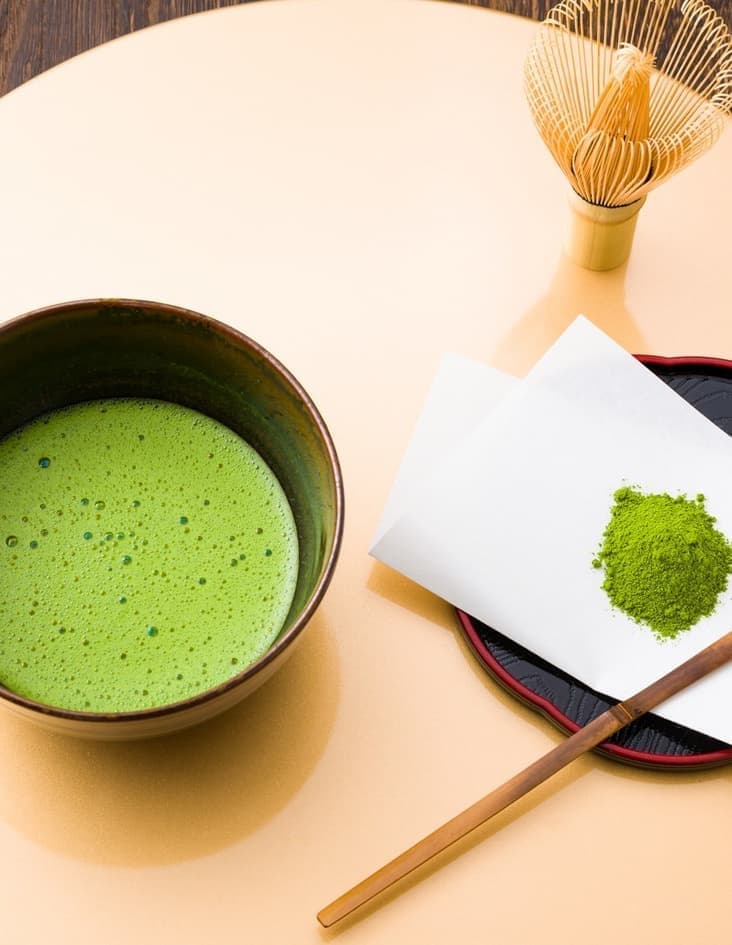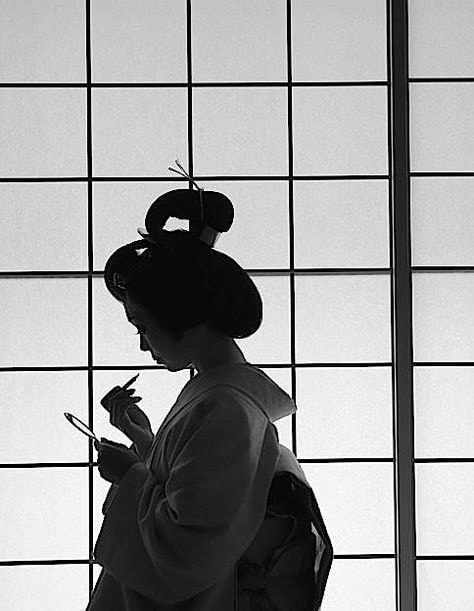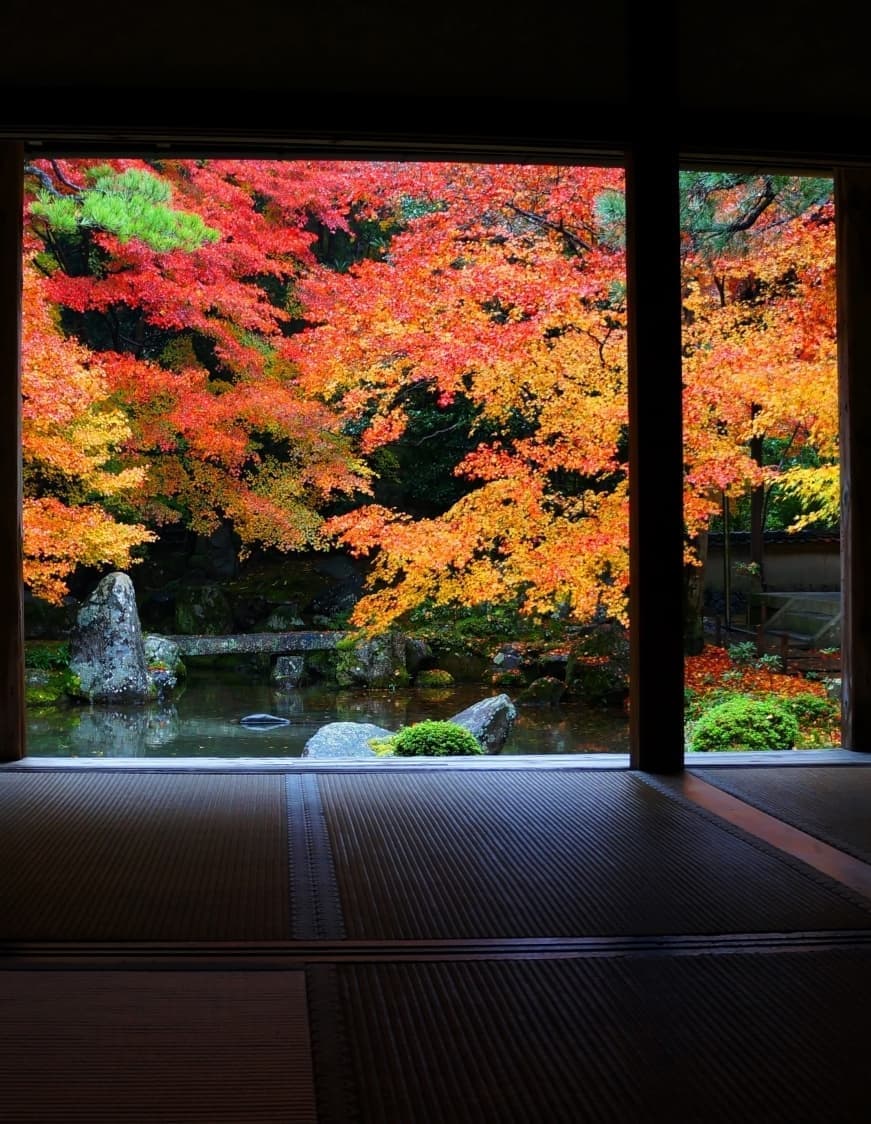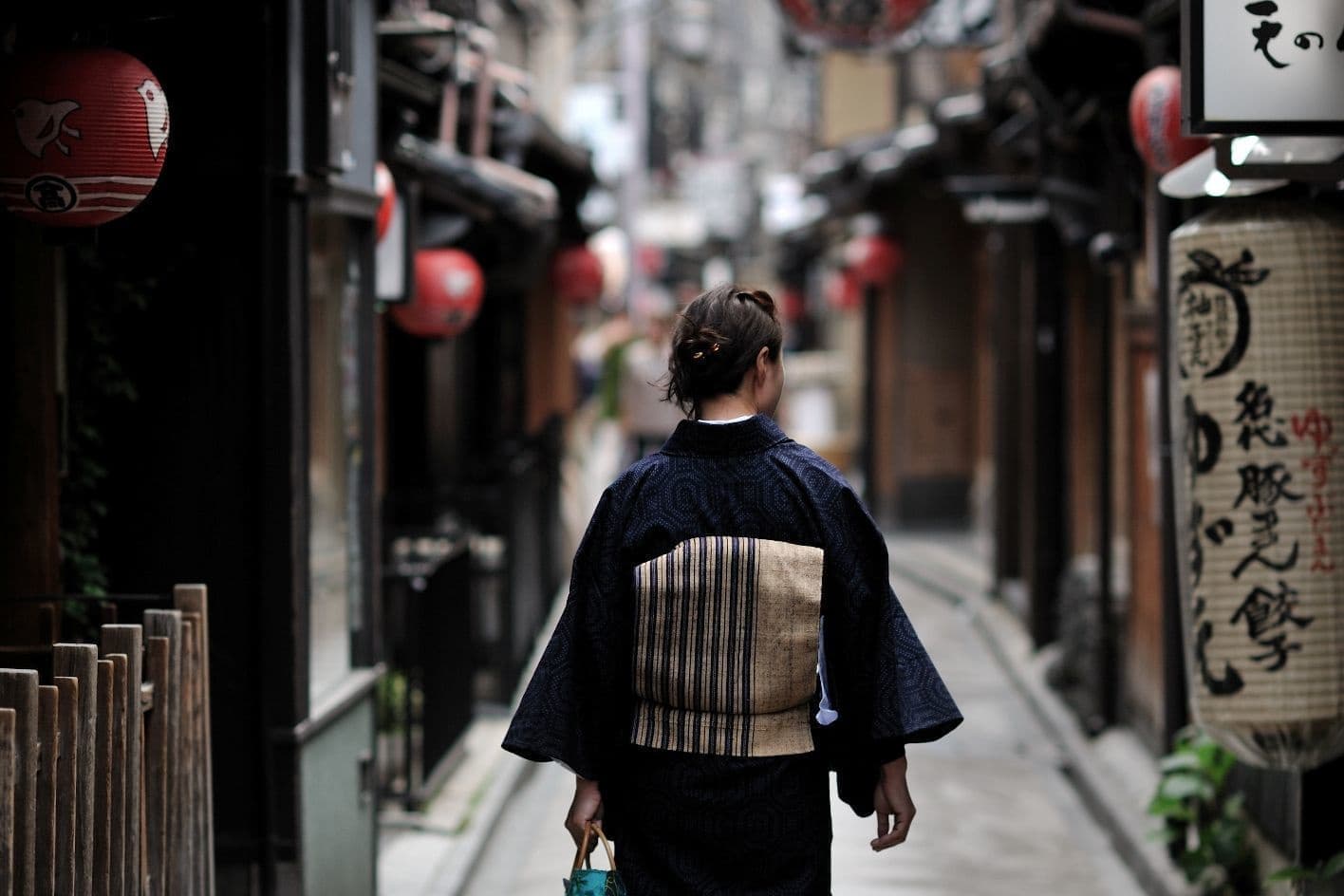
Changes in Kimono
For men and women, the basic way of wearing kimono consists of wrapping both sides of nagagi garment long enough to reach the toe over each other in front and holdng it together with a broad belt called obi.
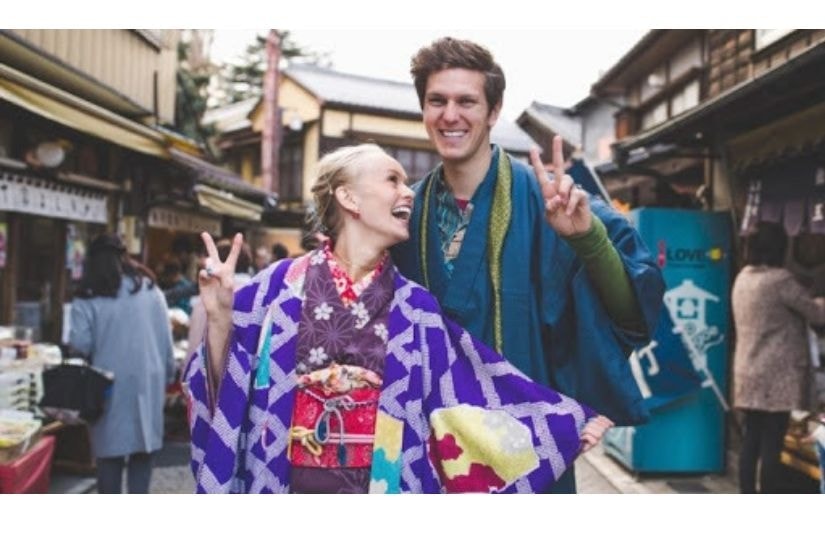
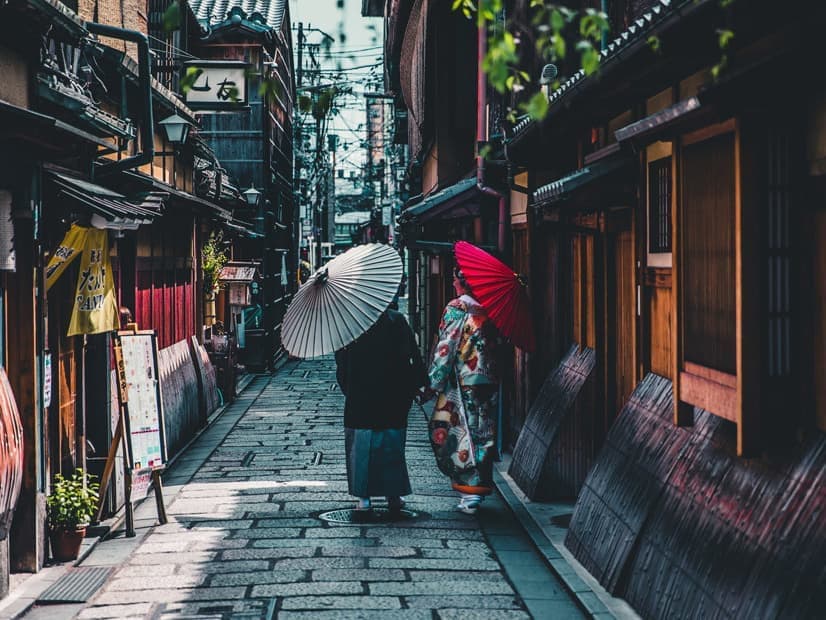
Women's Kimono
Bsically, a kimono (literally 'clothing ') is designed to keep the body warm. Women's kimonos, in particular, are characterized by their beautiful designs, and they can even ne described as ornaments.
There are two methods by which kimonos are designed, the name given according
to their patterns are:
1) Designs drawn directly on white cloth and then dyed are known as komon (small designs ) or yuzen.
2) Weaving of designs, using threads dyed in different colors, are called omeshi, habutae or chirimen.
Kimonos are made from hemp, cotton or silk. But, recently less expensive kimonos, made from man-made fibers, have also become popular.
Kimonos made of silk are generally expensive. Some gorgeously designed kimonos of this type cost from hundreds of thousands of yean to one million yen or more.
The Obi (sash) is inseparable from the kimono. The more gorgeous the design of the kimono, the greater the ornamental meaning of the obi. Thus, some types of obi cost as much as the kimono.
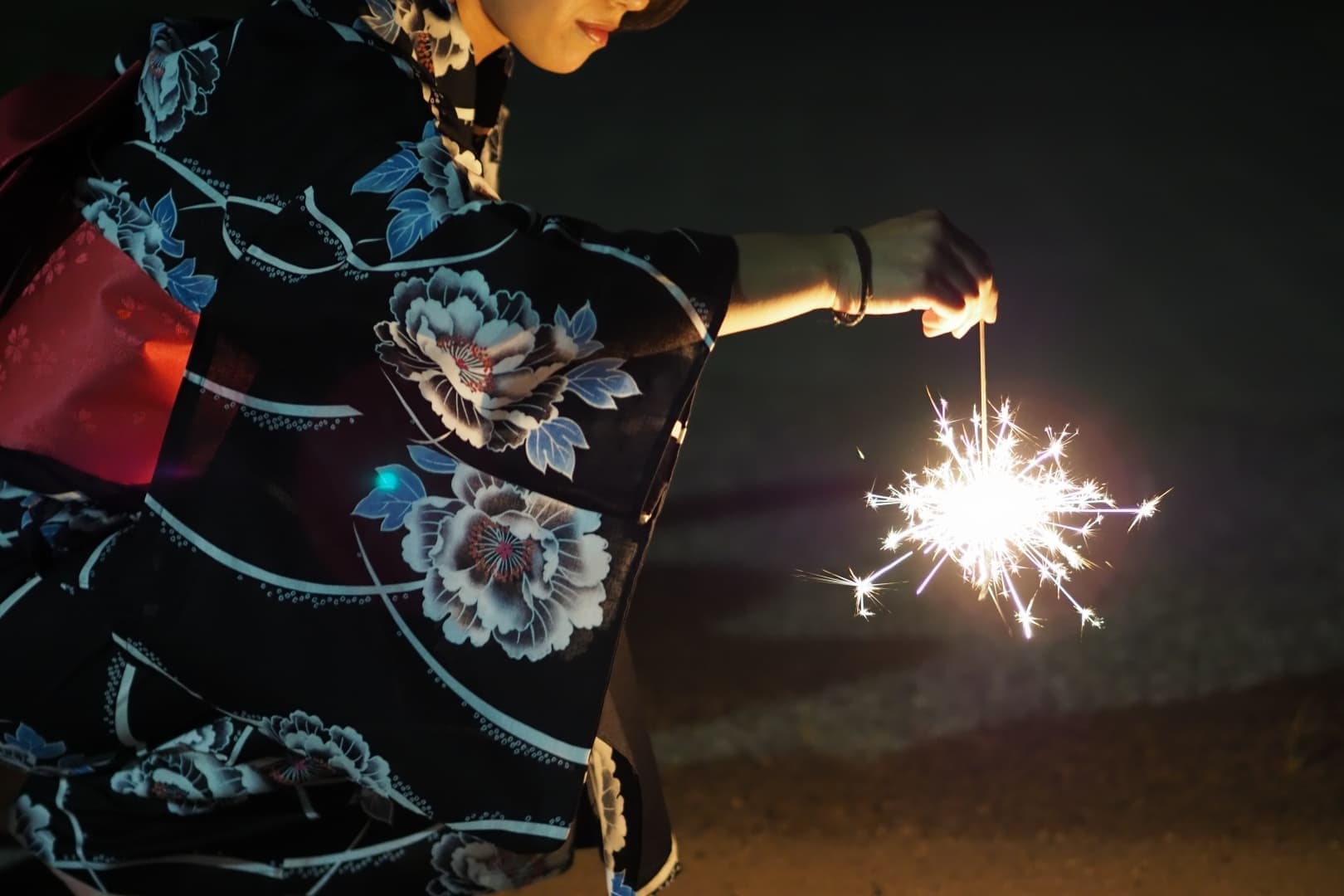
Yukata
Today kimonos are not worn as frequently because therya re more expensive and less functional than Western-style clothing. The Yukata is an exception. It is not only a "must" for the Japanese, but is a favorite with an increasing number of foreigners.
The most informal of all types of kimonos, the yukata can be worn at times as pajamas and at times for going out in the cool evening to visit street stalls or to enjoy watching fireworks.
People enjoy relaxing best when they wear a yukata after taking a hot bath on a summer evening.
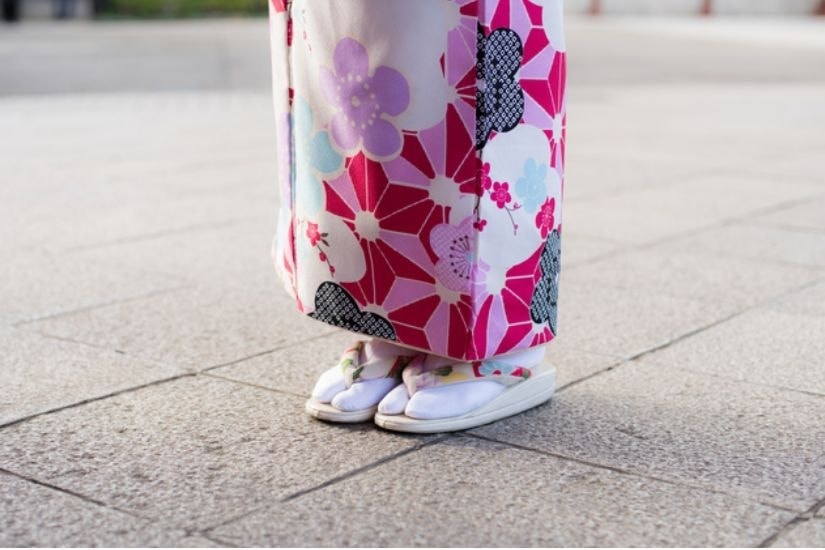
Matching footwear
In modern life, people dressed in Westers-style clothing wear socks or stockings and shoes. But with a kimono, it is not appropriate to wear such Western-style footwear.
Kimono-clad people wear tabi (digitated socks ) and geta (clogs) or Zori (sandals) when going out. Geta are made of wood, and zori of woven vegetable fibers. In recent years, zori made of man-made fibers or synthetic resin have also intiroduced.

